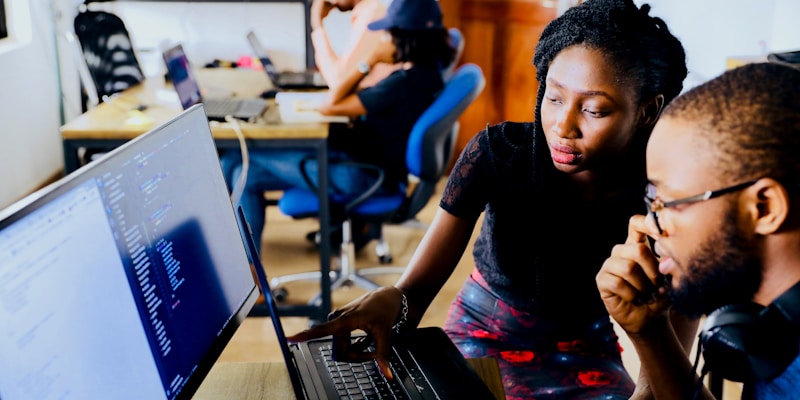The Future Classroom: What Teaching Will Look Like in 2030
Exploring predictions and trends for how AI and technology will transform the classroom experience by 2030, based on current technological developments.

The Future Classroom: What Teaching Will Look Like in 2030
As we stand at the threshold of unprecedented technological advancement, the classroom of 2030 promises to be dramatically different from today's educational landscape. Here's our vision based on current trends and emerging technologies.
Personalized Learning at Scale
By 2030, AI tutors will work alongside human teachers to provide truly personalized learning experiences for every student. These systems will:
- Adapt content difficulty in real-time based on student comprehension
- Identify learning gaps before they become problematic
- Suggest optimal learning paths for individual students
- Provide instant feedback on assignments and assessments
Immersive Learning Environments
Virtual and Augmented Reality
Students will take virtual field trips to ancient Rome, explore the inside of molecules, and conduct dangerous chemistry experiments in safe virtual environments.
Holographic Displays
3D holographic displays will make abstract concepts tangible, allowing students to manipulate mathematical equations in space or examine historical artifacts up close.
AI-Powered Teacher Assistants
Teachers will have AI assistants that handle routine tasks:
- Automated lesson planning based on curriculum standards
- Real-time student engagement monitoring
- Predictive analytics for identifying at-risk students
- Instant translation for multilingual classrooms
Collaborative Global Classrooms
Technology will break down geographical barriers:
- Students from different continents collaborating on projects
- Expert guest speakers joining virtually from anywhere in the world
- Cross-cultural exchanges becoming routine
- Language barriers eliminated through real-time translation
Assessment Revolution
Traditional testing will give way to continuous, performance-based assessment:
- Portfolio-based evaluation systems
- Real-time skill demonstration
- Peer assessment facilitated by AI
- Competency-based progression rather than age-based grades
The Evolving Role of Teachers
Teachers in 2030 will be:
- Learning facilitators and mentors rather than information deliverers
- Specialists in emotional intelligence and social development
- Curators of learning experiences rather than content creators
- Advocates for student wellbeing and ethical AI use
Challenges to Address
Digital Equity
Ensuring all students have access to advanced educational technologies regardless of socioeconomic status.
Privacy and Security
Protecting student data in an increasingly connected educational environment.
Human Connection
Maintaining the essential human elements of education while embracing technological advancement.
Preparing for the Transition
Educators can prepare for this future by:
- Embracing current AI tools and learning their capabilities
- Developing skills in data interpretation and student analytics
- Focusing on uniquely human teaching skills like empathy and creativity
- Staying informed about educational technology trends
The classroom of 2030 will blend the best of human teaching with AI efficiency, creating unprecedented opportunities for student learning and teacher effectiveness.
CTA_OK_MARKER
Get more time back each week
Join thousands of educators using Zaza tools to reclaim 3–5 hours/week.
About the Author
Dr. Greg Blackburn is a PhD-qualified educator and founder of Zaza Technologies. With over 20 years in learning & development, he helps teachers integrate AI technology into their classrooms effectively and safely.
Get More Teaching Tips
Join thousands of educators receiving weekly AI teaching insights.
Try Zaza Promptly Free